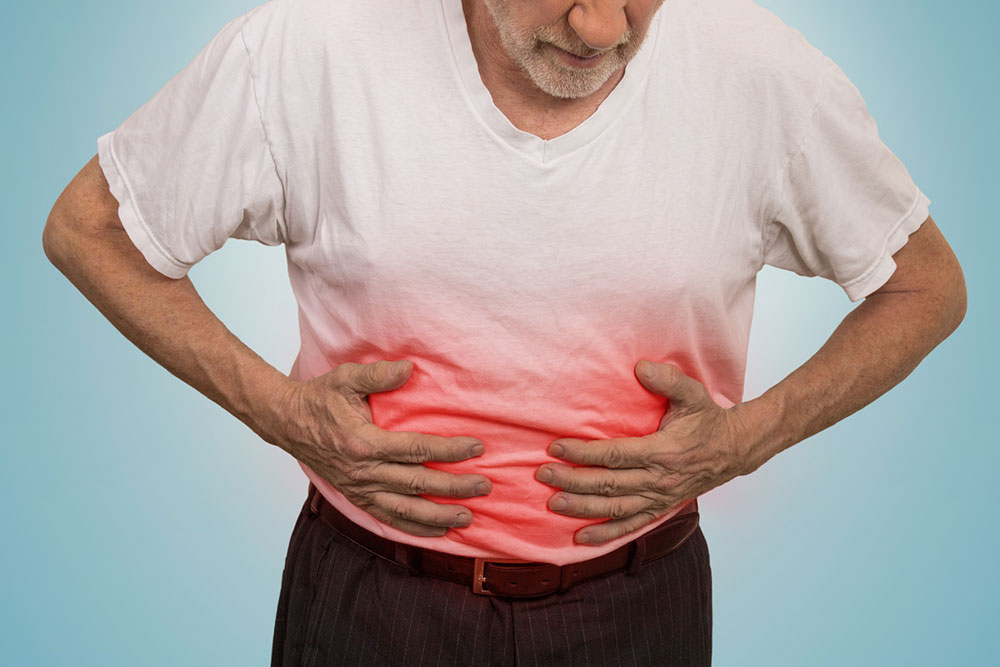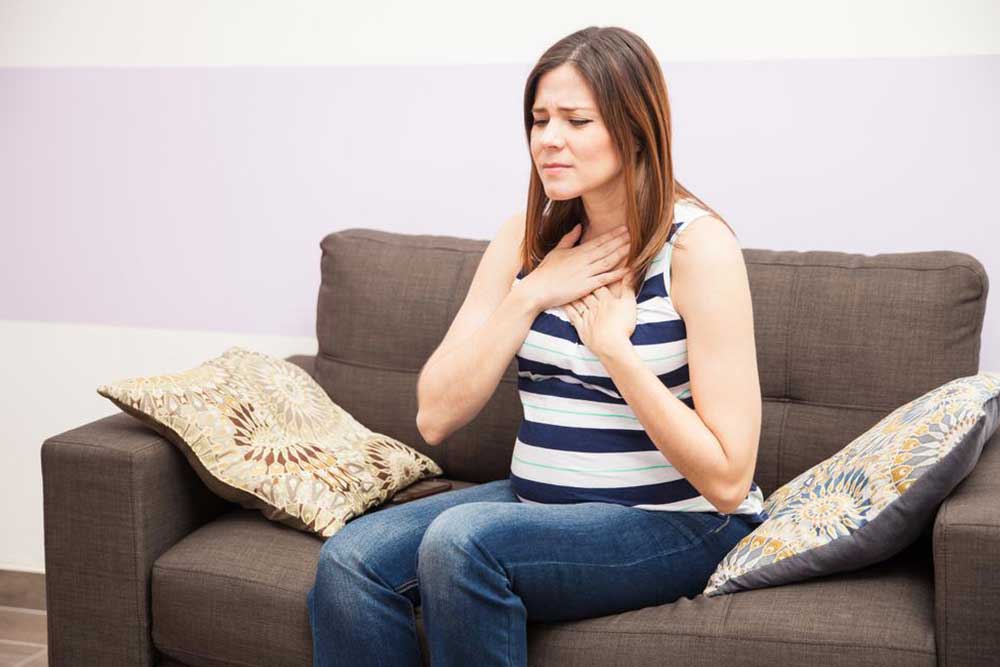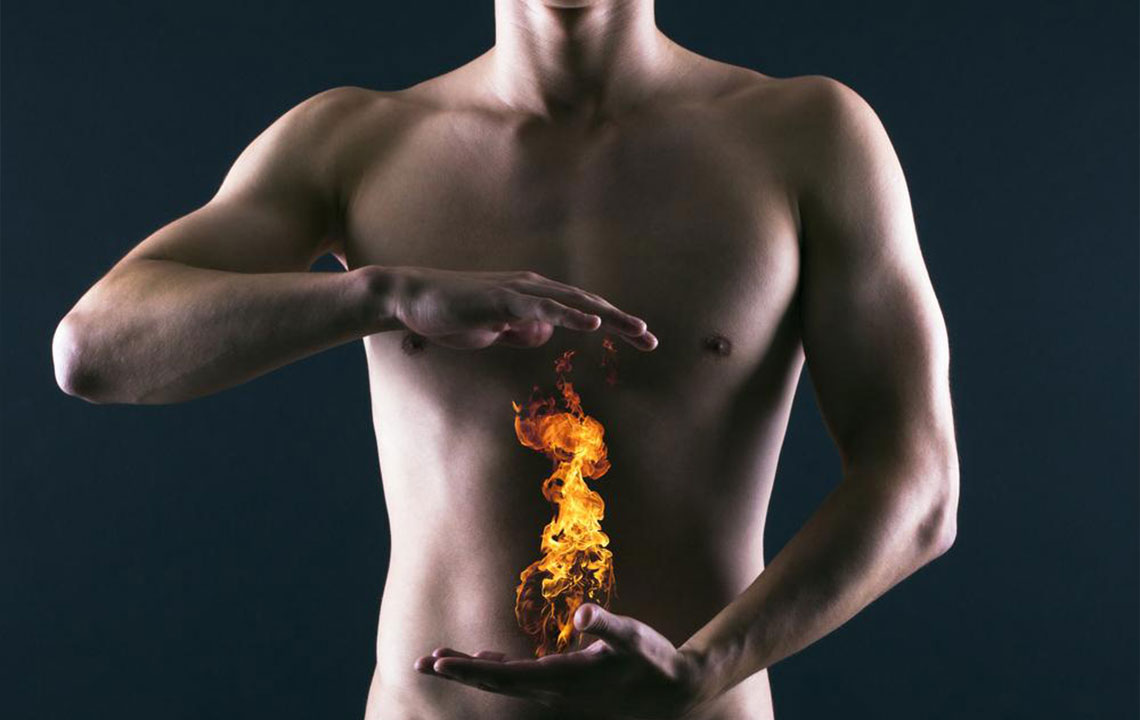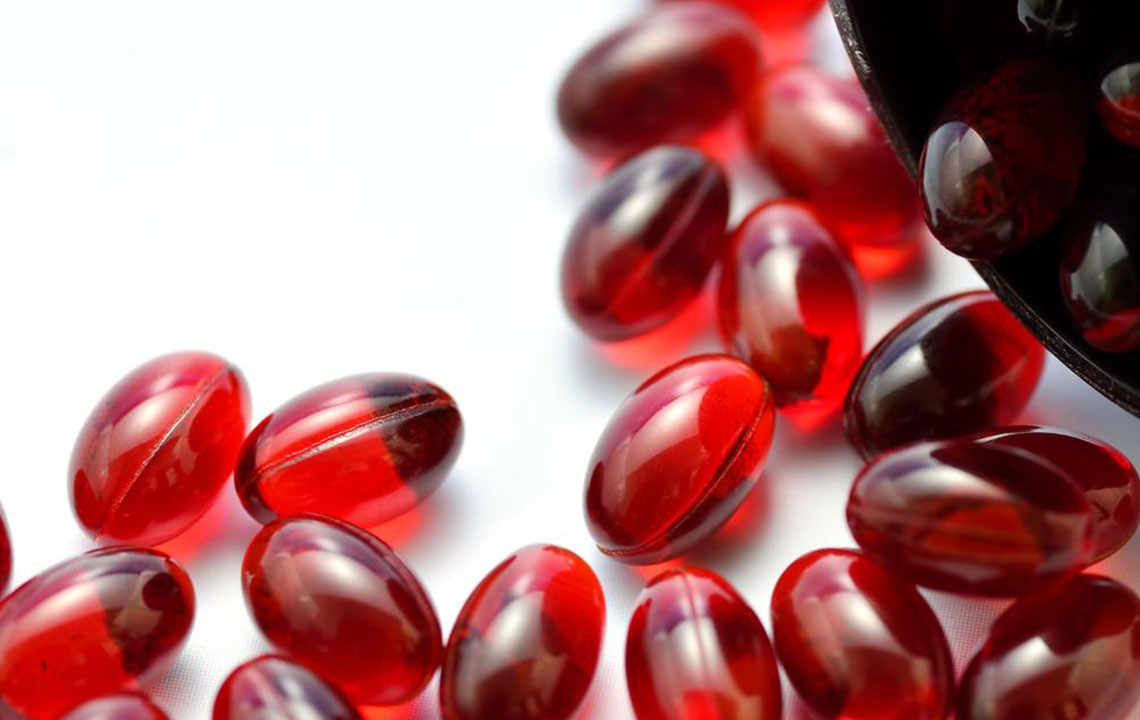Essential Guidelines for Managing Diverticulitis Through Diet
Learn essential dietary guidelines to effectively manage and prevent diverticulitis. This article highlights safe foods, those to avoid, and lifestyle tips to support recovery and maintain gut health through proper nutrition and stress management.
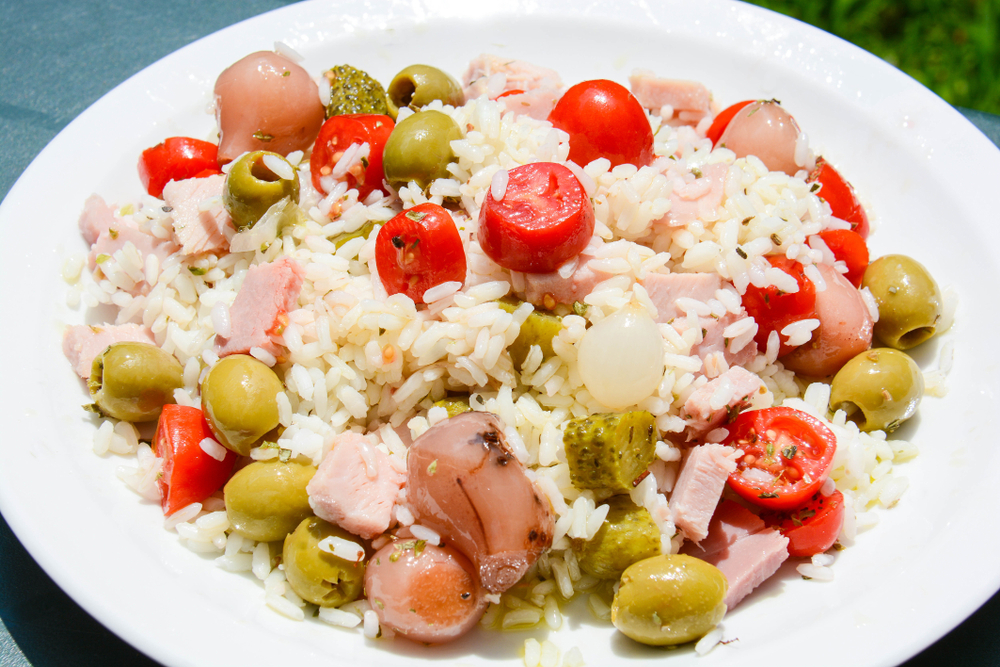
Essential Guidelines for Managing Diverticulitis Through Diet
Diverticula are tiny pouches that can form along the inner lining of the large intestine, typically after age 40. Most often, they cause no issues, but sometimes they become inflamed or infected, leading to diverticulitis. Early stages of the condition are managed with specific dietary adjustments and lifestyle modifications.
Signs of diverticulitis
While diverticula are common, only about 10 to 25 percent develop inflammation
Lower abdominal pain and tenderness
Bleeding in stool
Fever and chills
Dark-colored stools
Pain during urination
Severe nausea or vomiting
Cramps and diarrhea
Diagnostic Procedure
If diverticula are already diagnosed, symptoms like these confirm diverticulitis diagnosis.
Doctors may perform tests such as colonoscopy, barium enema x-ray, or sigmoidoscopy to confirm.
Initially, after diagnosis, a clear liquid diet—such as broth and ice chips—is recommended.
Opt for clear drinks like pulp-free fruit juices, for example, apple juice.
Ice pops without fruit pieces can be consumed.
Stay well-hydrated with water, gelatin, and clear teas.
Gradually introduce low-fiber foods, including skinless fruits, eggs, lean meats, cooked vegetables, white bread, yogurt, and white rice, as recovery progresses.
Dietary Recommendations for Diverticulitis
Consume at least 10 glasses of water daily to stay hydrated.
Focus on eating low-fat, high-fiber foods, including whole grains, vegetables, and fruits.
Use healthy oils like olive or flaxseed in moderation.
Drink warm water with lemon before meals to aid digestion.
Antioxidant supplements may support recovery.
Eat small, frequent meals to reduce digestive stress and support detoxification.
Incorporate natural herbs to promote liver health.
Practice stress-reducing activities like meditation, yoga, hot water baths, and deep breathing exercises.
Foods to Avoid During Diverticulitis
Steer clear of processed and junk foods.
Limit coffee intake; opt for green tea in moderation.
Quit smoking and reduce alcohol consumption during recovery.
Avoid hard-to-digest foods like most dairy products.
Steer clear of sugar and artificial sweeteners.
Cut down on saturated fats and red meat.
Eliminate fried foods completely from your diet.

